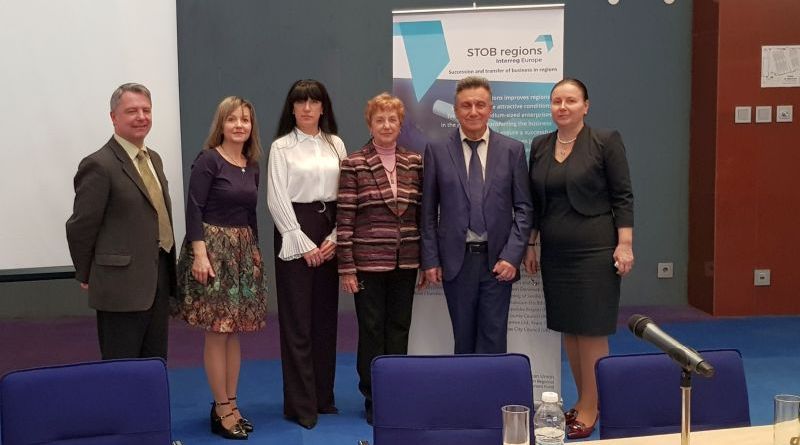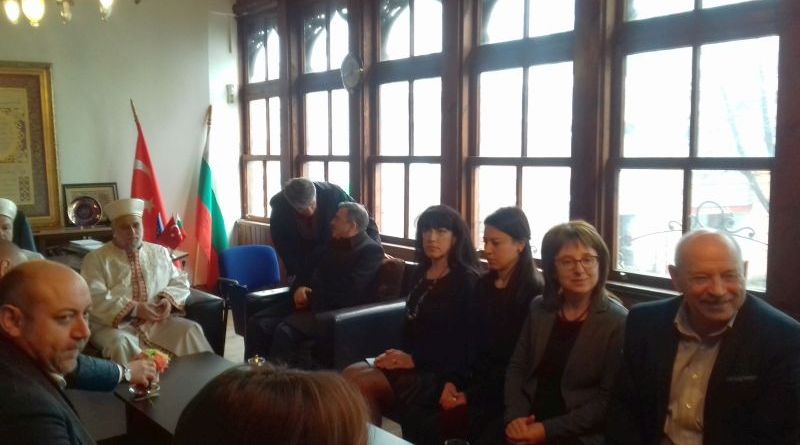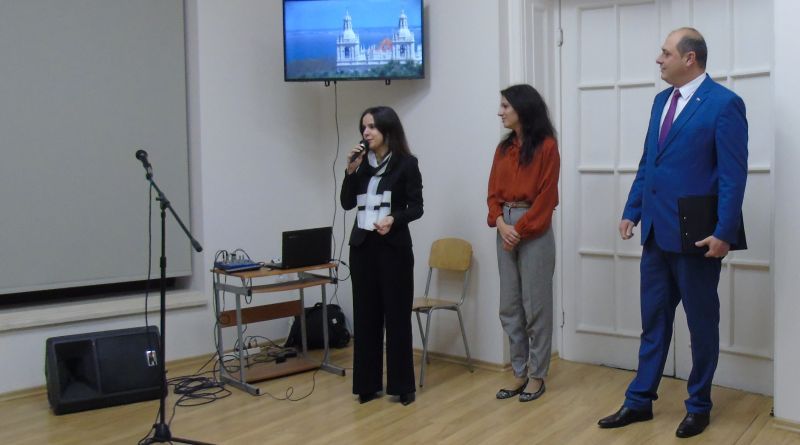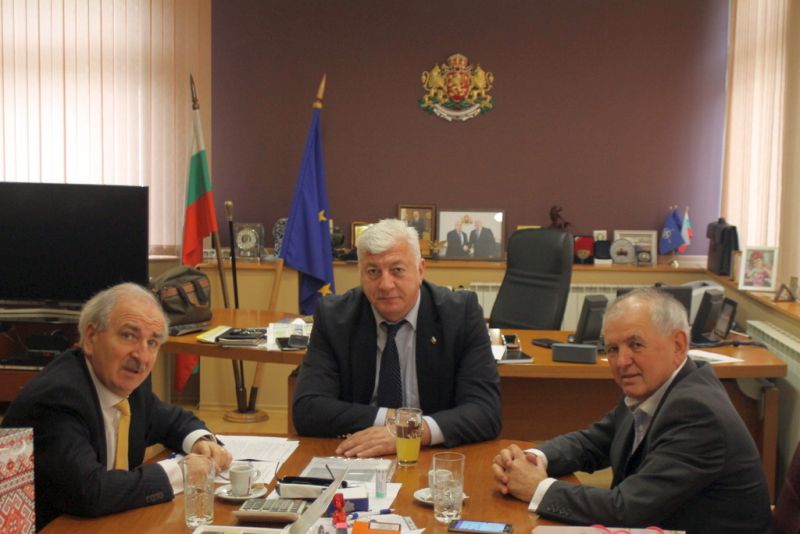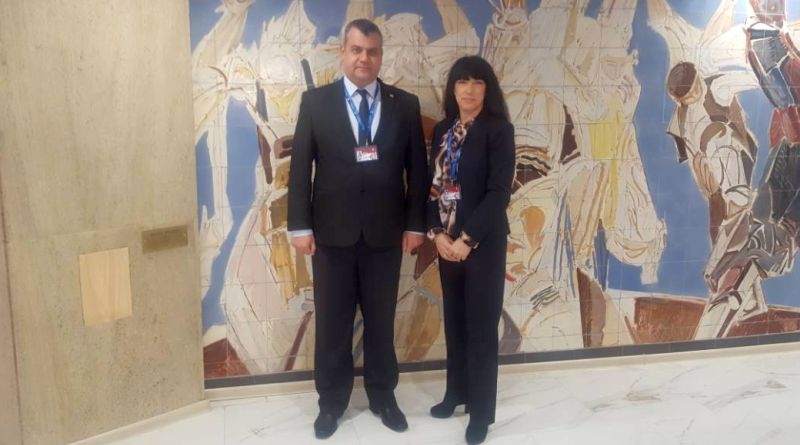The fourth Interregional policy learning meeting of the STOB regions project took place on 21st and 22nd of March 2018 in Plovdiv, Bulgaria. The project is co-financed by the Interregional cooperation program INTERREG EUROPE 2014-2020 and has been implemented by Regional Development Agency with Business Support Centre for Small and Medium-sized Enterprises with the institutional support of Regional Administration-Plovdiv.
STOB regions improves regional policies to create attractive conditions for small and medium-sized enterprises in the process of transferring the business to new owners and ensure a successful transfer which saves jobs and has a high economic value for regions.
On the first day, Mrs. Evelina Apostolova, Deputy Regional Governor of Plovdiv Region, took part in the meeting and welcomed the project partners from Bulgaria, Germany, Denmark, Poland, Finland, Romania, Spain and Slovenia. Mrs. Apostolova presented the socio-economic profile of the area. In her speech, Mrs. Apostolova stressed on the Government’s program (2017-2021), in which the development of business as well as the creation and preservation of jobs is a top priority for the achievement of a balanced regional development. While presenting Plovdiv District, the Deputy Governor pointed out that in recent years there has been a steady growth of the economy with an increase in the number of direct investments. A good example in Plovdiv Region is Trakia Economic Zone, which has attracted for over 20 years more than 140 international and Bulgarian established companies. Mrs. Apostolova pointed out that small and medium-sized enterprises are the backbone of the economy and their share in Plovdiv Region is close to 99%, and in many cases it is a family business in which the inheritance and the opportunities for development are a key element. “Great attention is paid to starting a new business, but for reaching a progress and creation of jobs it is important to ensure the ongoing development of existing businesses. In this line, the state has to play a special role by supporting the business through timely and adequate measures tailored to the needs of the sector”, concluded the Deputy Regional Governor.
Prof. Yordanka Alexieva, Deputy Rector of the University of Food Technologies in Plovdiv, presented the reference of Universities to the business transfer, and Dr. Dobrina Prodanova, Chairman of the Board of the Chamber of Commerce and Industry – Plovdiv, presented basic legal and psychological issues related to inheritance and transfer to family businesses. The SME Executive Agency talked about the main priority areas, new opportunities for suitable entrepreneurs, the access to finance and internationalization as part of the National SME Promotion Strategy (2014-2020). The Chairwoman of the Regional Chamber of Crafts – Mrs. Tony Simidchieva, showed good practices in the Plovdiv Region like the Craft Street, the Craft Center “Bakalova House” and various crafting forums, many of which are models for business succession.
The partners discussed experiences and different strategies and methods on how to address the groups, in the quest to secure and foster an extended buyer base in business transfer cases. A hot topic was the segmentation and attraction of foreign buyers, i.e. Foreign Direct Investment as a key target group to match specific business cases, and was suggested such buyers are well suited for “basic economy service” businesses and equally “medium-high GVA industry” businesses.
The second day was the Plovdiv region peer review. After the presentations by local stakeholders, the group made a SWOT analysis of the situation in the region, an intense discussion followed regarding the different challenges and strengths in the region. The key strengths identified for the Plovdiv region and its business transfer situation includes the size and diversity of the region, as well as the apparent high concentration of universities. However, a key weakness revolves around the concept of “brain drain”, whereby young people finishing education are leaving the region for more lucrative offers elsewhere. To build upon this it was suggested a “re-immigration” strategy provided an opportunity in order to entice the younger (or next) generation to return to the region in hope to expand and strengthen one of the region’s core potential buyer groups.
Last modified on 02 April, 2018 at 17:11
